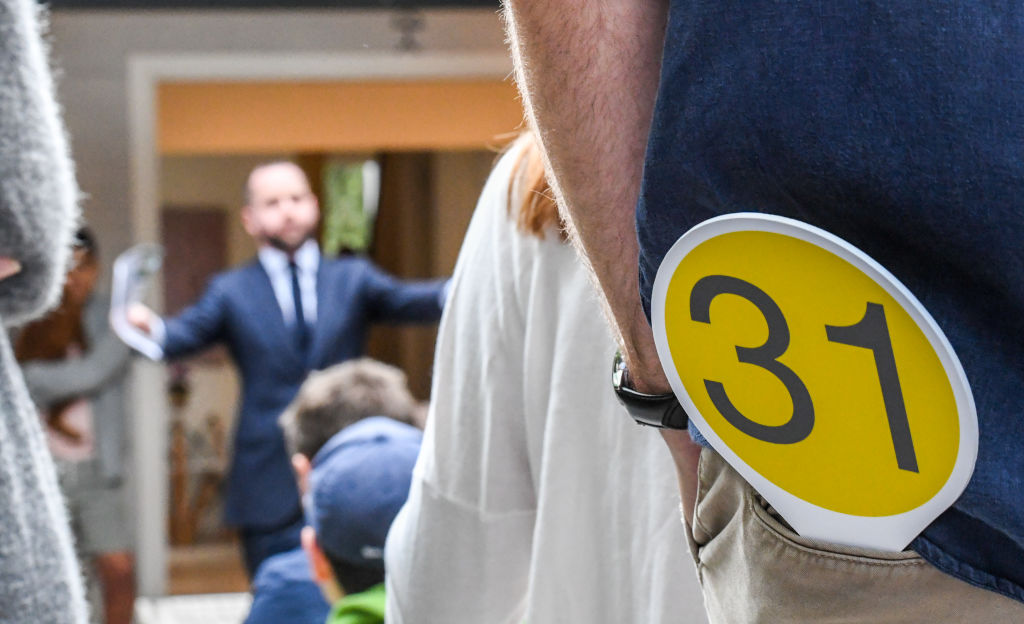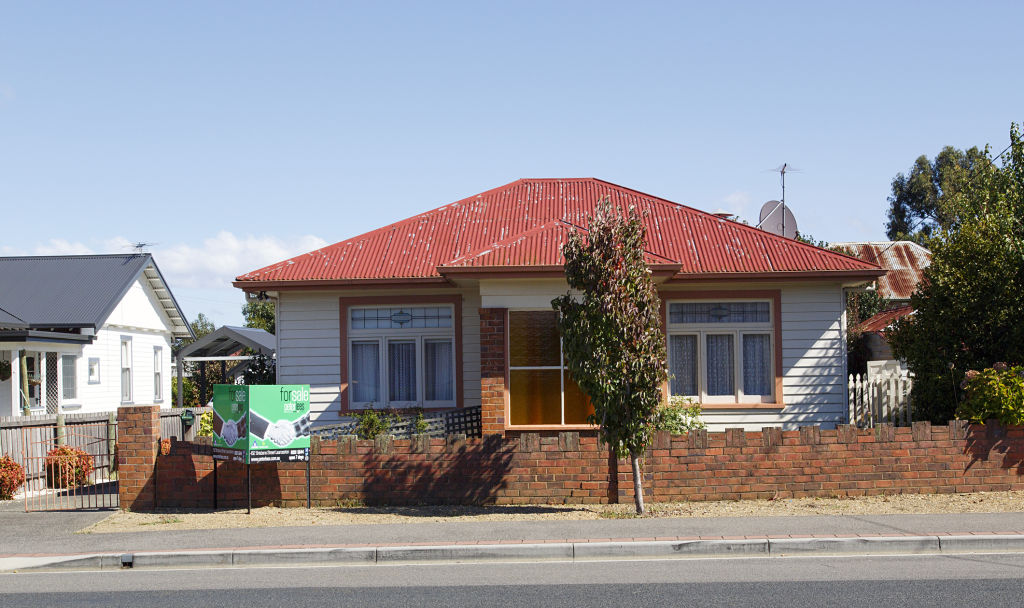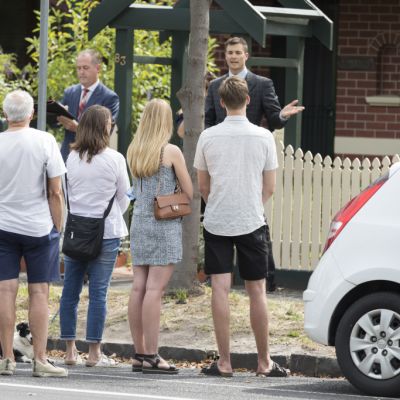‘Bring buyers out of the woodwork’: Why your home passing in at auction isn't always a bad thing
After what can feel like a draining three to four-week auction campaign, it can be disheartening for sellers if their home ends up passing in on auction day.
Hours of work can go into these campaigns, and not hearing the auctioneer yell “sold” might make you feel as though it was all for nothing.
Despite this, though, agents say there is so much more that the process can do for a successful sale, even if it’s after auction day.
Why do homes pass in at auction?
There are a number of reasons this could happen, but there is one which is most common.
“When a property is passed in at auction, it usually means that the owners’ expectations are higher than the buyers’ expectations,” says Jack Harris, Domain media sales manager and Fox Auctions auctioneer. “And that’s OK, it just means we weren’t able to get to that common ground on the day.”
However, there are also more uncontrollable factors for a seller that can affect whether a home will sell under the hammer.
Ric Serrao of Raine & Horne Double Bay says auction campaigns, for this reason, can be a roller-coaster.
“You could have an extreme amount of interest one day, and as you get closer and closer to an auction day, it can fizzle out quite quickly,” he says.
“For one reason or another, buyers may think homes will sell for out of their budget or that an auction will be too competitive, but end up being surprised when a home sells for less than what they would have possibly paid.
“It’s not just simply that an owner’s expectations are too high, though that can play a part in it, but it can also go the way where buyers say, ‘We saw so many people there’, ‘We haven’t got our funds ready yet’ or ‘Our current place hasn’t sold’. It’s all about timing.”

Cameron Pritchard of Jellis Craig Brunswick says it can also come down to something as simple as styling.
“Presenting the property to the best a seller and agent can, will definitely encourage more interest on auction day, potentially bringing more buyers in to achieve a higher price,” he says.
What happens after a home passes in?
Negotiations will usually begin with the highest bidder immediately after an auction has closed.
If no offer is accepted at the end of the auction day, the property will go to market with a market price the following week, and will enter a private treaty process.
Despite going to auction in the first place, there are some scenarios where homes may strategically be passed in at auction for better results for sellers, says Giovanni Spinella of Ray White Townsville.
“A lot of the time, what happens after the auction is the property will actually sell for higher than the reserve,” he says.
“There is a small portion of the market who do not present to the auctions, and that first week after the auction can create new faces and bring buyers out of the woodwork who haven’t seen the property already.”
For the entirety of an auction campaign, agents and sellers will be listening to the market and speaking to potential buyers to gauge where the interest lies.
Serrao says buyers, sellers and agents need to hit the ground running.

“More often than not, sellers will choose agents that are using certain comparable sales and other data, rather than picking agents providing what we call ‘hope prices’,” he says.
“Sellers ought to also use the many vehicles available to them through Domain and internet portals, to get independent data to form a realistic opinion of what their properties are worth.
“With all of that knowledge, you can understand what the best outcome is, whether that is a sale prior to auction, at auction, or after.”
So, is a home passing in at auction a bad thing?
Serrao and Spinella agree the auction itself is just one means of achieving a sale, and in some cases, it may not be the best one for a seller to get the highest price possible.
Spinella says it really comes down to educated decisions from agents and sellers, which develop from their understanding of the market and what they learned throughout the campaign.
“[Passing in doesn’t mean] the process didn’t work; a lot of the time we have bidders and we have participation at auction but homes still pass in because we have something better outside of auction conditions,” he says.
“It is really important that the seller and the agent really understand their position … the best results can come after the property has passed in.”
Even with the likelihood of a better offer coming outside of auctions, Serrao says he will always recommend holding an auction campaign.

“One of the reasons is, in my area at least, you tend to have a shortage of properties, and individual properties are hard to price so you learn that throughout the process,” he says.
“Often, it just comes back to who the buyers are at the time, and what the market is doing at the time.
“That’s not to say just because over that three to four-week auction campaign if a price isn’t achieved you won’t get good money. It is a process that works really well for 80 per cent of properties.”


We recommend
We thought you might like
States
Capital Cities
Capital Cities - Rentals
Popular Areas
Allhomes
More










